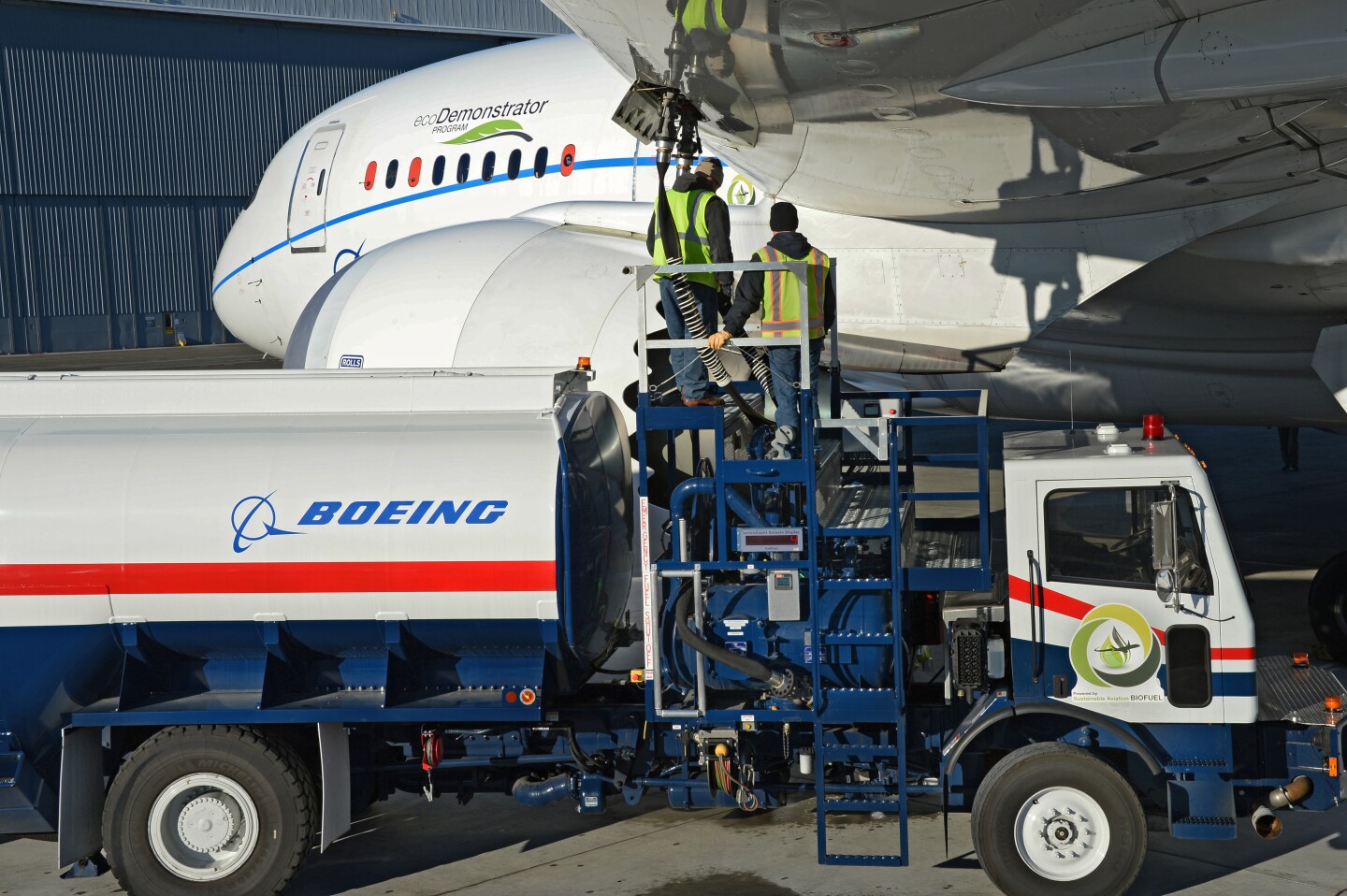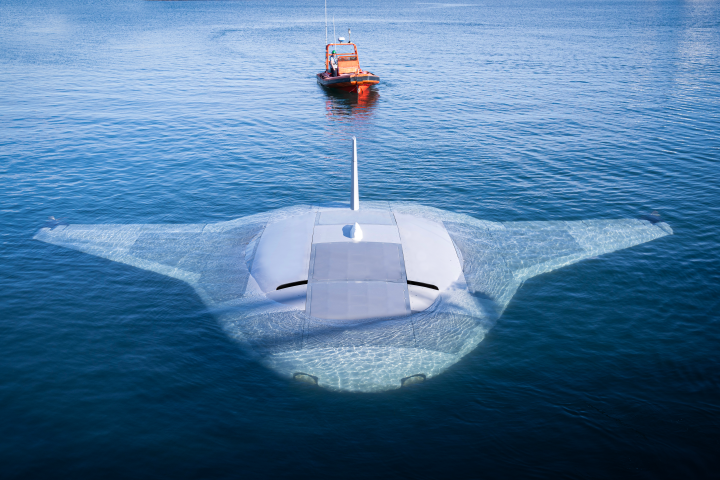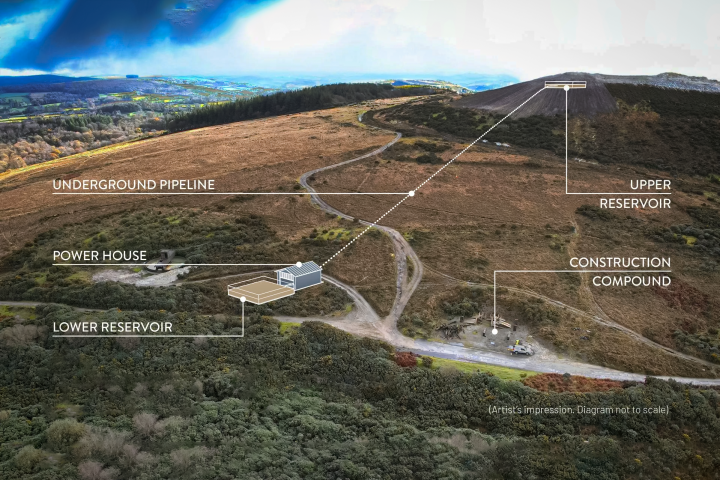Almost a year ago, Boeing announced that it was looking into running airliners on a mixture of jet fuel and "green diesel" – the latter of which is made from vegetable oils, waste cooking oil and waste animal fats. Yesterday in Seattle the corporation followed through on that plan, flying its ecoDemonstrator 787 flight test airplane on the fuel blend.
Boeing and other companies have already test-flown airliners that were running on a blend of jet fuel and biodiesel. Although both green diesel and biodiesel start with the same feedstocks, and both create a much lower amount of harmful emissions than regular petro-diesel, they're not processed in the same manner and have different chemical makeups.
Biodiesel is simpler to produce, and requires less capital investment – that is, it's cheaper to build its production facilities from scratch. Additionally, it can be used in diesel-powered vehicles in a pure, unblended form. Green diesel typically must be blended with other fuels and has a higher capital cost, although it can be made in existing petro-diesel refineries. Its synthesis also results in the production of propane as a by-product, which is considerably more valuable than the glycerin created in the production of biodiesel.

In yesterday's flight, the plane's left engine was run on a blend of 15 percent green diesel and 85 percent petroleum jet fuel. "The airplane performed as designed with the green diesel blend, just as it does with conventional jet fuel," said Boeing's Capt. Mike Carriker. "This is exactly what we want to see in flight tests with a new type of fuel."
The green diesel was supplied by Finland's Neste Oil, which claims that on a lifecycle basis, sustainably-produced green diesel should produce 50 to 90 percent less carbon emissions than petro-diesel. In order to provide a sustainable feedstock source for either bio- or green diesel, Boeing has recently opened a cooking-oil-to-biofuel plant in China and has begun growing an oil-rich type of tobacco in South Africa, on existing tobacco-growing lands.
Source: Boeing





![The Ti EDC [everyday carry] Wrench is currently on Kickstarter](https://assets.newatlas.com/dims4/default/0ba225b/2147483647/strip/true/crop/4240x2827+0+3/resize/720x480!/quality/90/?url=http%3A%2F%2Fnewatlas-brightspot.s3.amazonaws.com%2F59%2Fb2%2F6a6fdd0348a8bfdad88bbcefec53%2Fdsc03572.jpeg)